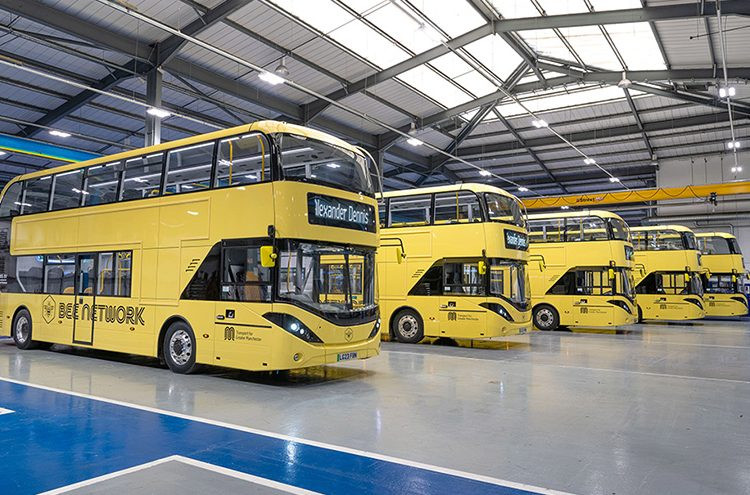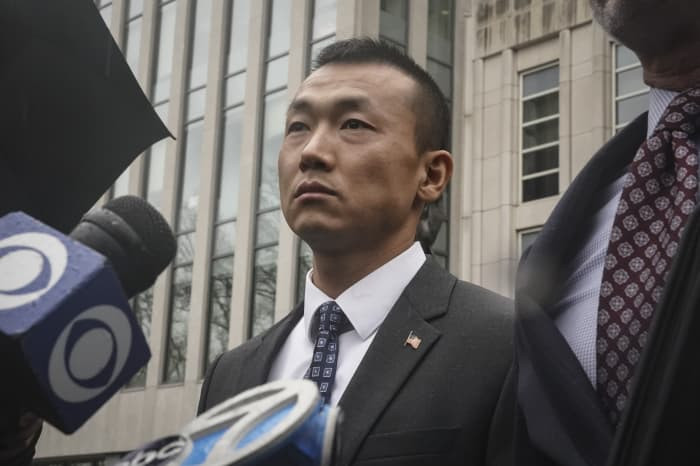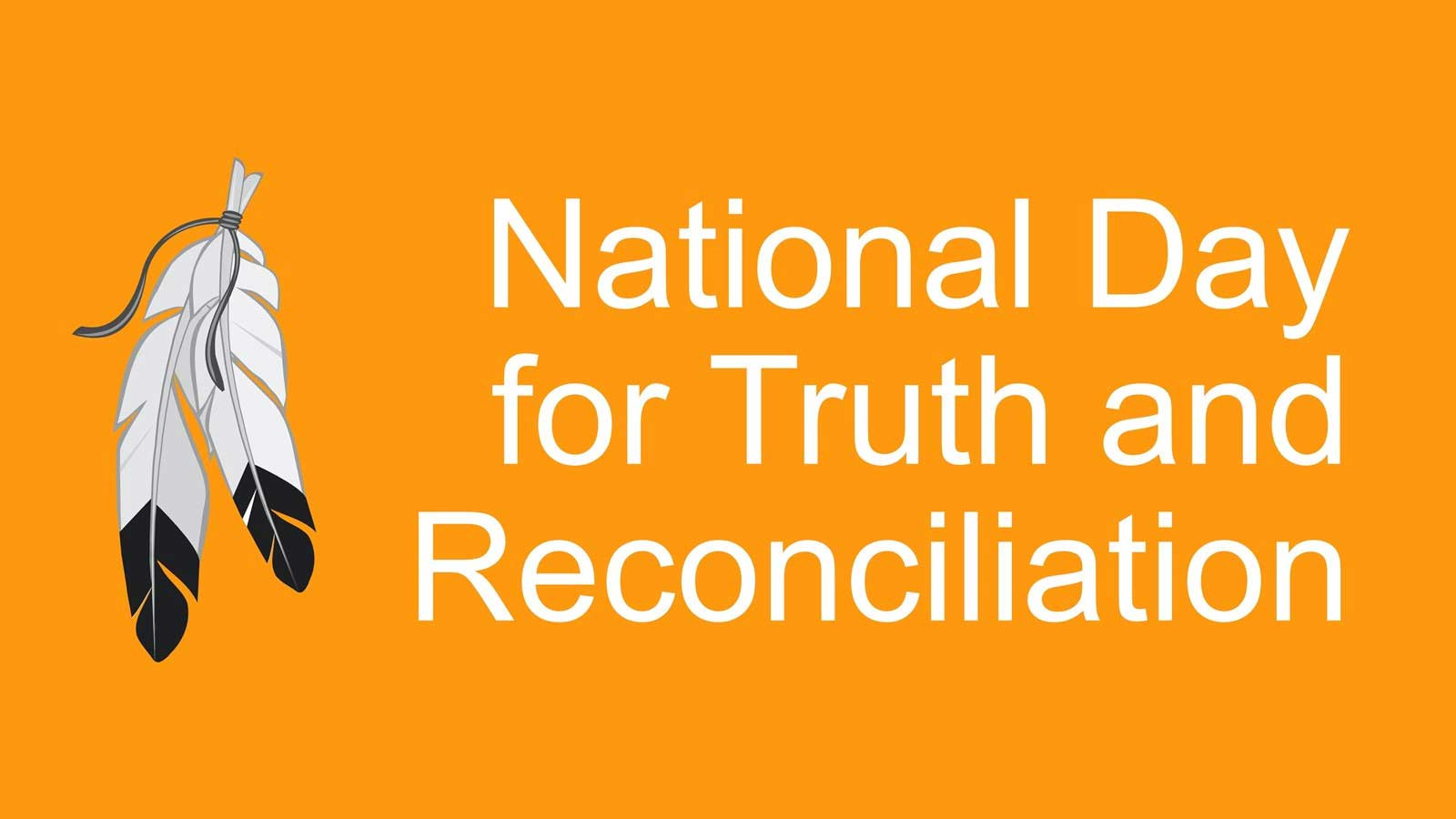A new bus ticket scheme has been launched in an attempt to give passengers ‘one less thing to think about’. The new scheme will allow regular commuters to buy an annual Bee Network bus pass through a credit union, so they can repay the cost in weekly or monthly instalments. A manifesto pledge of Andy Burnham’s from May, the mayor said the initiative will come in from January 5 — when the remaining half of Greater Manchester’s buses come into the Bee Network.
The move means passengers will be able to save £5 per week compared to buying a weekly or monthly ticket, Mr Burnham said on Thursday (September 5). Ciara Davies, boss of Rochdale credit union Metro Moneywise, said it will give those on lower incomes ‘one less thing to think about’.
Financial Relief for Commuters
She told a press conference at Eccles bus station: “People love having one less thing to think about, so if you know upfront that you’ve got your annual travel to work sorted for that year [it’s one less thing to think about].
Some customers will also be able to pay for their annual pass via payroll, so the instalments would be automatically deducted from their pay packets, Ms Davies added. ‘Affordability checks’ will be conducted to ensure only those that shoulder the cost of the £800 pass, and for those who just join a credit union to access the pass, there will be no joining fees.
Should anyone no longer be able to afford the ticket once they’ve taken out what is effectively an interest-free loan, credit union managers are expected to talk through options with the customer — with one option being to cancel the remainder of the pass.
A Step Towards A Sustainable Transport Network
Today’s announcement was of a slew made by Andy Burnham on buses. As well as confirming ‘tranche 3’ of the Bee Network will go ahead as planned on January 5, he said the cost of existing monthly and weekly tickets will fall, to £20 per week (down from £21) or £80 for 28 days (down from £85.40) on the same day.
Hopper fares, which allow passengers to buy one ticket and board as many buses as necessary for an hour, will also come in on that day. Initially, they will be implemented via paper tickets where users can scan a QR code onboard, but by ‘mid-March’, the ‘tap and go’ system will also be implemented — meaning users can just tap their bank card on a Metrolink reader or bus, and the final cost will be worked out at the end of the day. Cash will still be accepted on buses and trams after this date.
And it’s the mayor’s ambition to keep fares as low as possible for as long as possible — but it requires an uptick in passenger numbers.
“All of this predicated on patronage,” he told the LDRS in Eccles. “The more that people get onboard, the more we will be able to sustain these low fares.
“It’s an absolute ambition to keep the £2 [adult single fare cap] in place and make it permanent, and I’m working towards that.”
Looking Ahead: A More Affordable Future for Public Transport
The new scheme has been met with positive responses from commuters and officials alike. Many are hopeful that this initiative will encourage more people to use public transport, making it a more viable and accessible option for those who previously relied on cars or other modes of transport.
The launch of the new bus pass scheme marks a significant step towards a more sustainable and affordable future for public transport in Greater Manchester. It remains to be seen how the scheme will fare in the long run, but initial indications are positive, suggesting it could pave the way for a more equitable and accessible transport system for all.

















